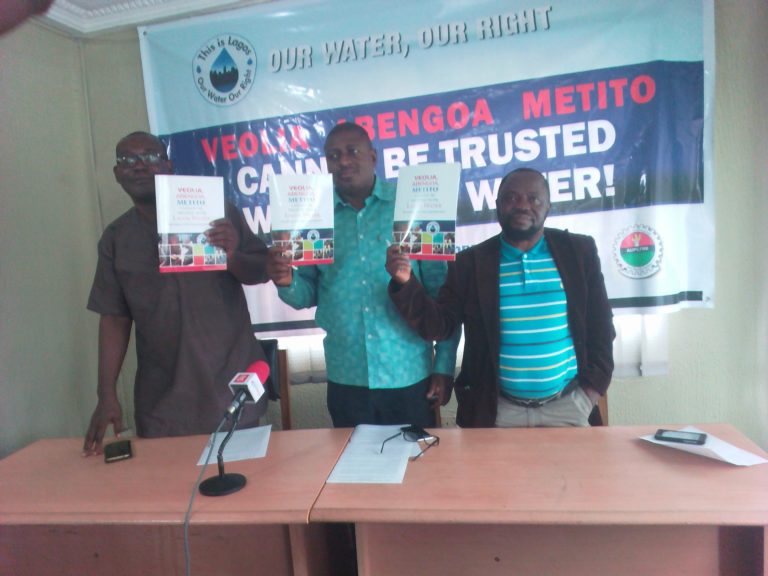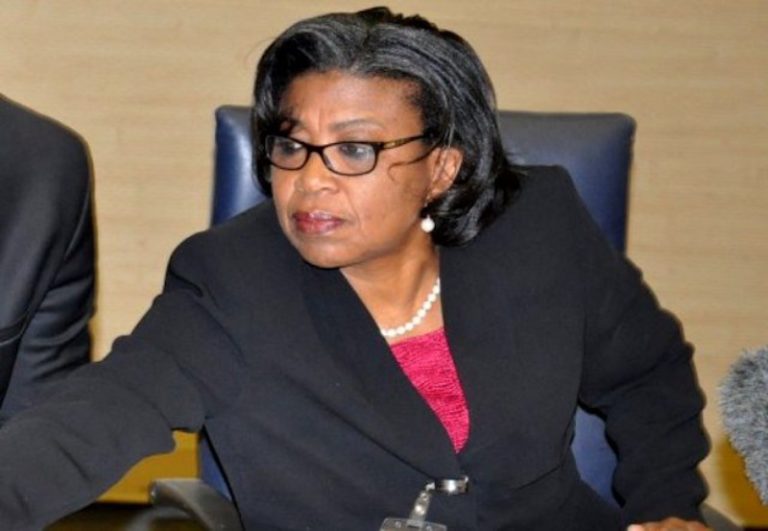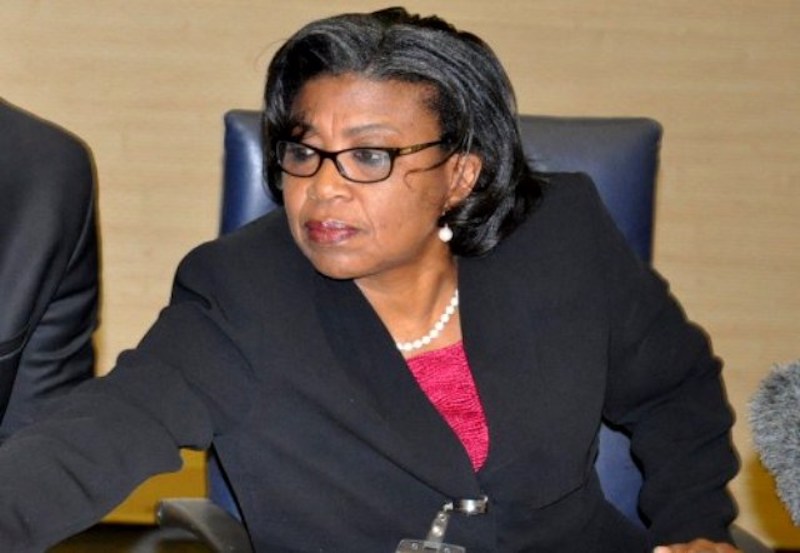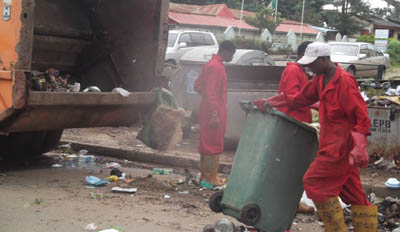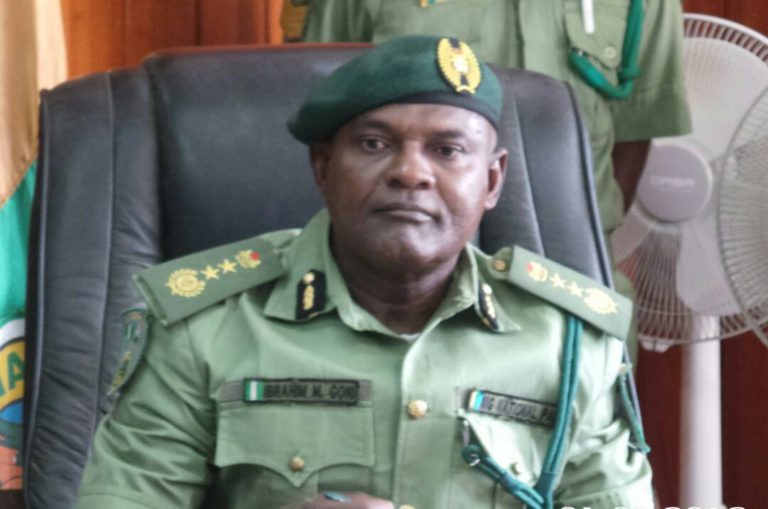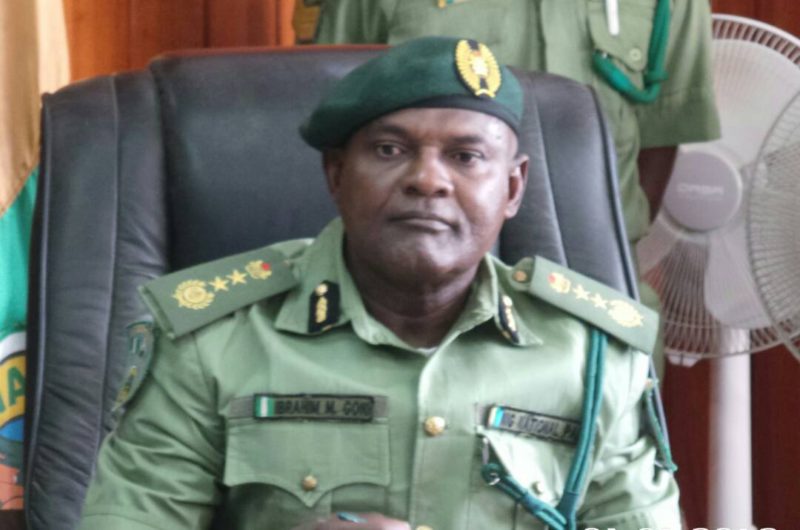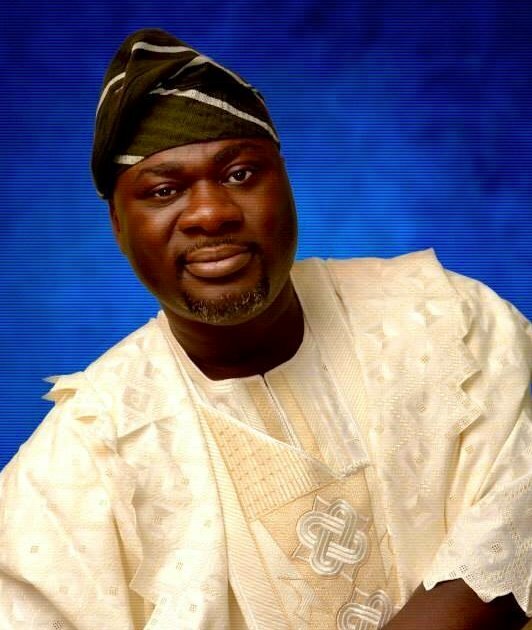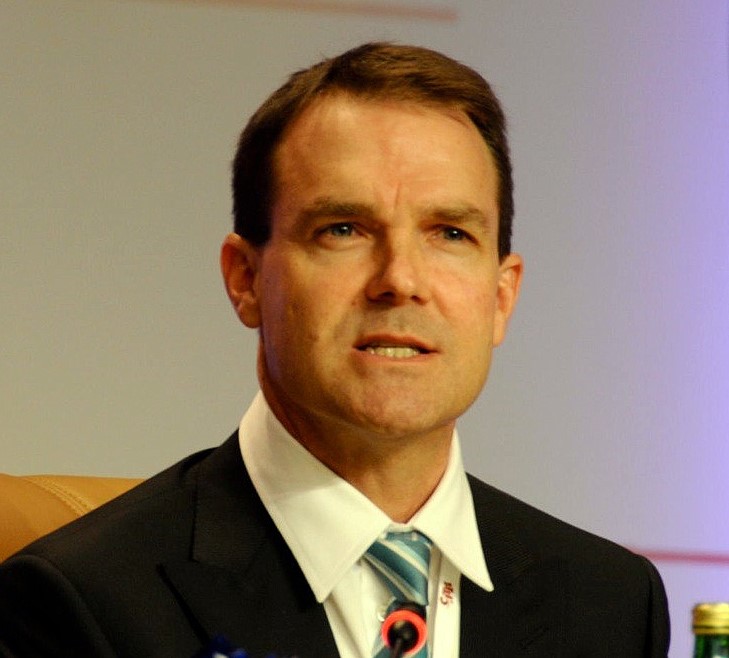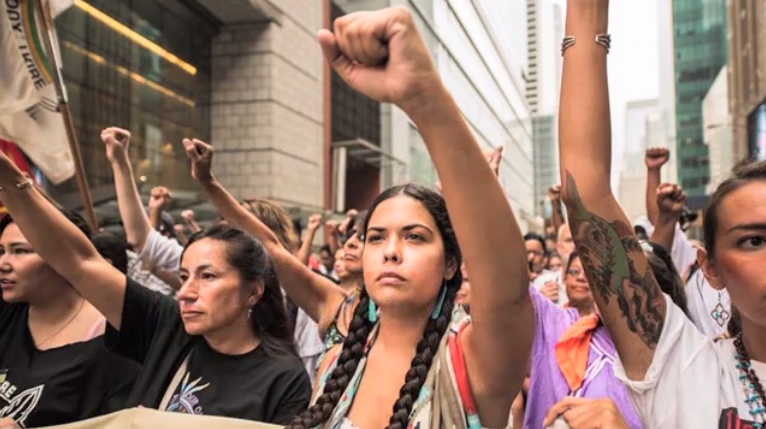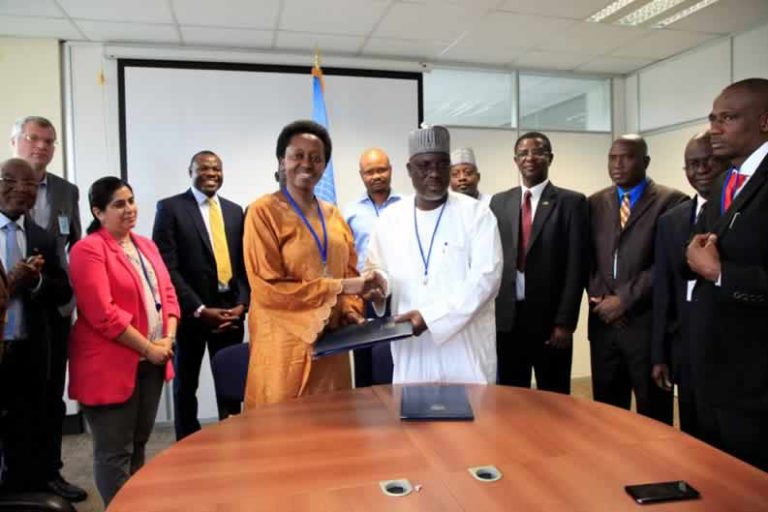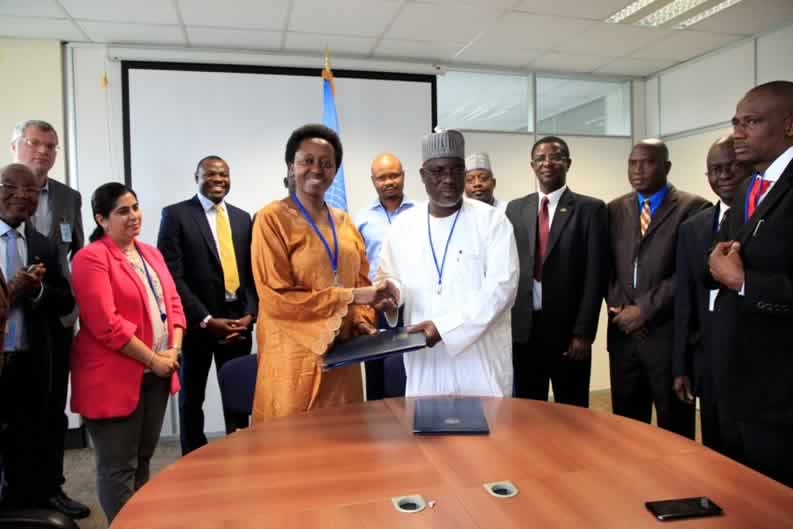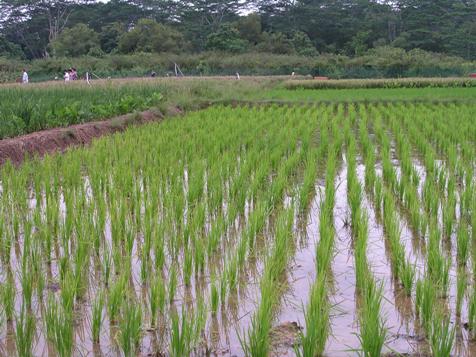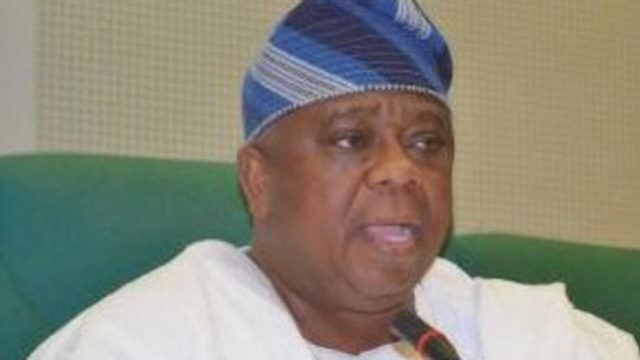Governor Akinwumi Ambode of Lagos State has been urged to drop his seemingly cherished idea of privatising water in the state, as the companies he picked “cannot be trusted with Lagos water”.
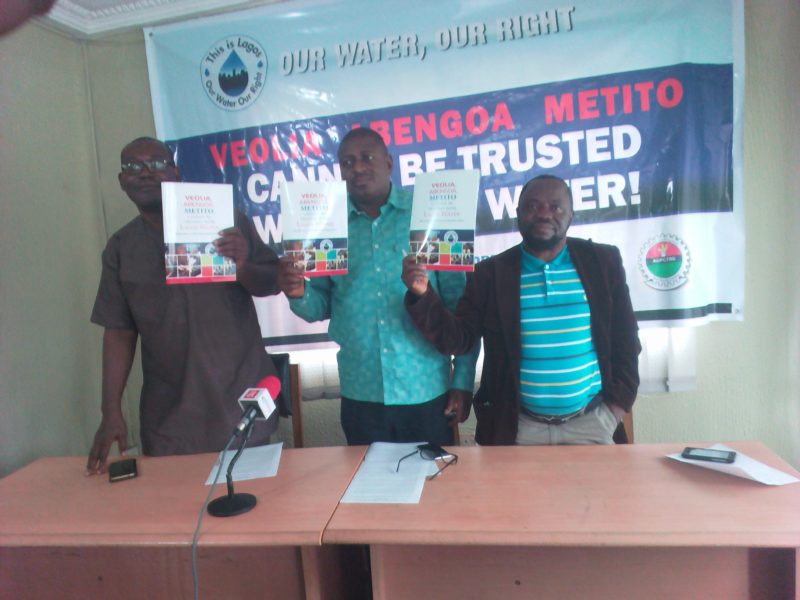
At a press briefing organised by Environmental Rights Action/Friends of the Earth Nigeria (ERA/FoEN) on Monday, December 18, 2017 in Lagos, the activists under “Our water Our Right Coalition” maintained that the only model that could solve the Lagos water problem is what they called public-public partnerships (PUPs).
The managing director of Lagos Water Corporation (LWC), Mumuni Badmus, they said, had gone on radio “to give unsuspecting Lagosians, in a well-polished language, a list of companies that will be managing water – our common patrimony. Alas, shortlisted companies included Abengoa, Veolia and Metito.”
Lagos, they added, asked anybody who had anything against the companies to come forward with it.
Hence the coalition came up with a 12-page document to explain why the three companies were unfit for the project. It listed infractions like causing lead poisoning through water in the United States, causing the biggest protest in Morocco after the Arab Spring, and being probed for bribery and corruption in some countries of the world as the undoing of the companies.
Earlier this year, ERA/FoEN, in collaboration with some civil society organisations, had marched to Alausa, seat of Lagos government, to protest the anti-people sections of the Lagos Environmental Law. Though the bill was passed into law some days later, some of the sections protested against were reportedly expunged.
Deputy executive director, Akinbode Oluwafemi, in his speech at the Monday briefing, while admitting that the three companies were world-class, added: “But these are also companies with world-class issues that border on delivery of poor water quality, bribery, human rights abuse, aversion to unionism, inhuman rate hikes, conflict of interest, among others. We raised these issues in a statement that followed Engr. Badmus’ glowing words about the companies, but the LWC helmsman asked that we provide facts on our allegations.
“Today, the Our water Our Right Coalition makes public the facts the government demanded in this document which not only details infractions linked to the companies, but also a reiteration of our demands on the way forward in the Lagos water sector.”
Our water Our Right Coalition recalled its recommendation that “Lagos has all it takes financially to sustainably manage our water infrastructure and this must remain within the public space. But we did not heave a sigh of relief when the Lagos government announced in April this year that 48 mini water works across the state would be up for rehabilitation and that it would cost tax payers several billions for this to happen.”
For Achike Chude of Joint Action Front (JAF), the coalition is ready for any action that the people demand.
While hoping that the leaders would listen to the voice of the people, the JAF chief said “whether they listen or not, we are resolved to fight for what belongs to us.”
Another activist at the briefing, Ayodele Akele, commended the researchers who packaged the 12-page document.
He said though the research would not have been necessary in a normal situation, “the people have taken the pains to go extra miles to get the facts.”
He added: “Lagos is being penny wise pound foolish for not providing potable water free for its people.”
Akele lamented that, even in the military era, Nigerians were not paying for water.
By Innocent Onwuji

